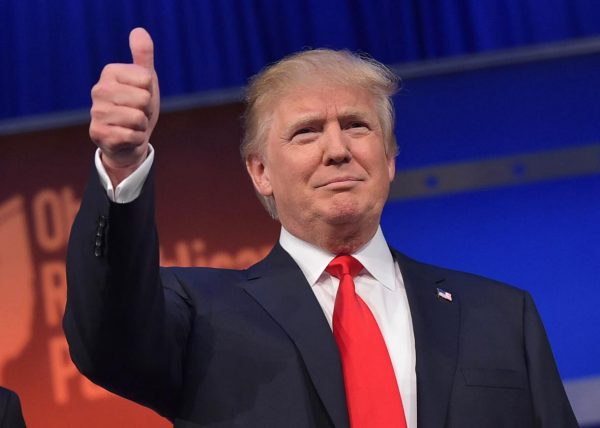
The decision by the United States to extend its sanctions against Zimbabwe will complicate the country’s push to reduce its foreign debt of $13 billion, an expert has warned. US President Donald Trump last week signed into law the Zimbabwe Democracy and Economic Recovery Amendment Act (Zidera) of 2018.
BY TATIRA ZWINOIRA
The law replaces similar legislation that was first enacted in 2001 in response to alleged human rights abuses and electoral fraud by former president Robert Mugabe’s administration.
According to the new legislation, US directors at multilateral institutions will not support efforts to address Zimbabwe’s foreign debt until Washington is satisfied Harare has met set conditions.
The conditions include the restoration of the rule of law, credible elections and military neutrality in civilian matters.
Washington wields considerable influence in the decisions of the Paris Club, the International Monetary Fund (IMF) and the World Bank.
Zimbabwe owes $1,2 billion to the World Bank and over $3 billion to the Paris Club.
Alexander Noyes, a senior associate at the US-based Centre for Strategic and International Studies, said President Emmerson Mnangagwa’s push for debt relief was bound to fail without the endorsement of the IMF and the World Bank.
- Chamisa under fire over US$120K donation
- Mavhunga puts DeMbare into Chibuku quarterfinals
- Pension funds bet on Cabora Bassa oilfields
- Councils defy govt fire tender directive
Keep Reading
“The Zimbabwean government’s repression and heavy-handed response to protests will hurt, although perhaps not fatally, Mnangagwa’s charm offensive aimed at re-engaging with the international community,” he said.
“Zimbabwe’s dire economic crisis and debt of at least $10 billion has heightened Mnangagwa’s desire for foreign investment.
“This, combined with recent signals that he seeks the international validation long-denied his predecessor, gives the donor community more leverage than it has had in at least a decade.
“With its significant voting power at the international financial institutions and the perennial carrot of lifting related restrictions under the Zimbabwe Democracy and Economic Recovery Act, first passed in 2001 and recently amended, the United States holds particular influence — an opportunity for leadership it has not yet seized.”
After taking over from Mugabe in November last year, Mnangagwa promised that his government would ensure Zimbabwe ends its international isolation by holding credible elections.











